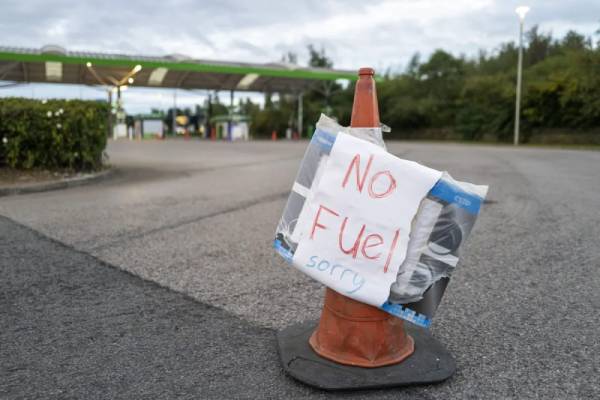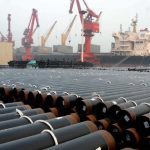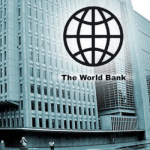European economies are at risk of a diesel crisis, as Russian energy sanctions threaten to interrupt imports while supply from other sources remains constrained.
Russia is Europe’s largest supplier of diesel and associated fuels, sending approximately three-quarters of a million barrels per day for use in European heavy machinery, transportation, farming, fishing, and electricity and heating
The rise in diesel prices in Europe has already had an impact on industry, raising fuel and transportation expenses, which are then passed on to consumers via increased prices across the economy.
The United States has prohibited Russian oil imports,in response to Russia’s invasion of Ukraine.
The United Kingdom has stated that it will phase out Russian oil and oil product imports by the end of 2022, and the European Union is considering a ban.
Meanwhile, numerous oil corporations have backed away from buying from Russia, citing public resistance, financial difficulties, insurance issues, and ship owners’ reluctance to load from Russian ports as reasons.
Around 760,000 barrels per day of Russian gasoil and diesel flows to Europe would be at risk, needing replacement, if European buyers shun these volumes, according to energy consultancy FGE.
According to Cooper, it will be difficult for European refiners to raise output of middle distillates, which include diesel and heating oil. As a result, Europe will need to find alternative sources of fuel, which will likely come at a higher price.














